accents
choosing accent plants
QUICK TIPS:
1. Look for long-term sculptural form or colour
2. Use sculpted plants
3. Repeat but don't crowd accents
4. Use in highly visible areas
5. Use accents in pots
6. Match the plant's scale with its setting
Accent plants are the showstoppers of the gardening world.
The hallmark of an accent plant is that a single specimen in a garden design is interesting enough to command attention.
Where several plants need to be bought from a nursery to create the display of a hedge, groundcover or mass planting, just the one accent alone will make an eye-catching impact - usually because of its striking shape, colour or size.
Although many plants in full, mature flower are attention grabbers that can act as a feature, it's generally more permanent features like sculptural form and distinctive foliage colour that make accent plants stand out. Any plant singled out in a pot has attention directed to it but the accent or feature plant - naturally architectural, sculpted to shape or with outstanding foliage colour - deserves the attention.
Though there's no rule that only one accent should ever be planted, when planting them in multiples each should be given enough room to flaunt its assets. And too many different accents in a collection can quickly look like museum exhibits rather than part of a garden design.
Accent plants are chosen to take advantage of those places in a design where the eye is naturally lead: focal points at a front entrance, the end or bend of a path, under a light, out through a door or window, or at the centre of a vista within the garden.
How the plant is staged can magnify its impact as a feature: placed in front of a plain clipped hedge, given a background wall painted a complementary colour or matched with a decorative pot that can keep up with its company.
Matching the scale of the plant to its setting is also important. Many rely on their mature size so it can take some time - or an investment in an advanced specimen - before an accent makes its full impact.
Use the Plant This Plant Selector to help find an accent plant for that special spot in your garden.
Comments (0)
Tell our Plant Selector what you want & like and we'll search thousands of plant profiles for compatible matches
Special Offers
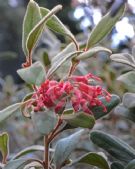
Plant of the Day
Grevillea
Plant type: evergreen shrub
H: 3m W: 3m
Sunlight: hot overhead sun to warm low sun

Fast Facts
accent - use
Just the one accent plant alone will make an eye-catching impact – usually because of its striking shape, colour or size.
Recently added accents articles
Most viewed accents articles
Get the Plant Selector's full features plus news, forums & competitions. Sign up, it's free.
Click here for more
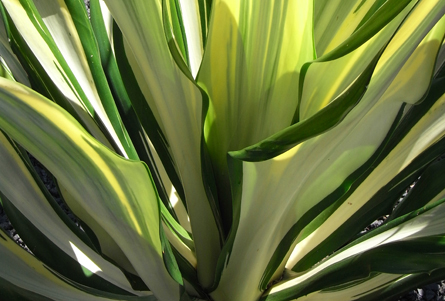
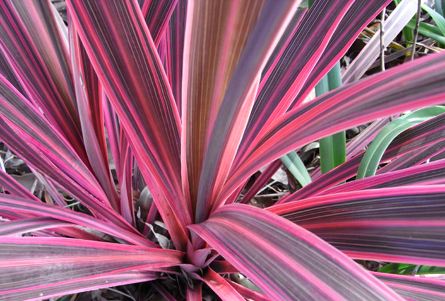
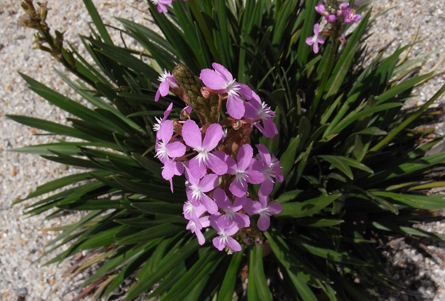
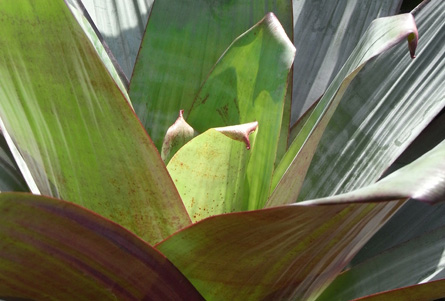





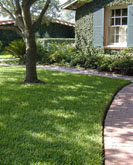

You must be a member to share: Login or Register